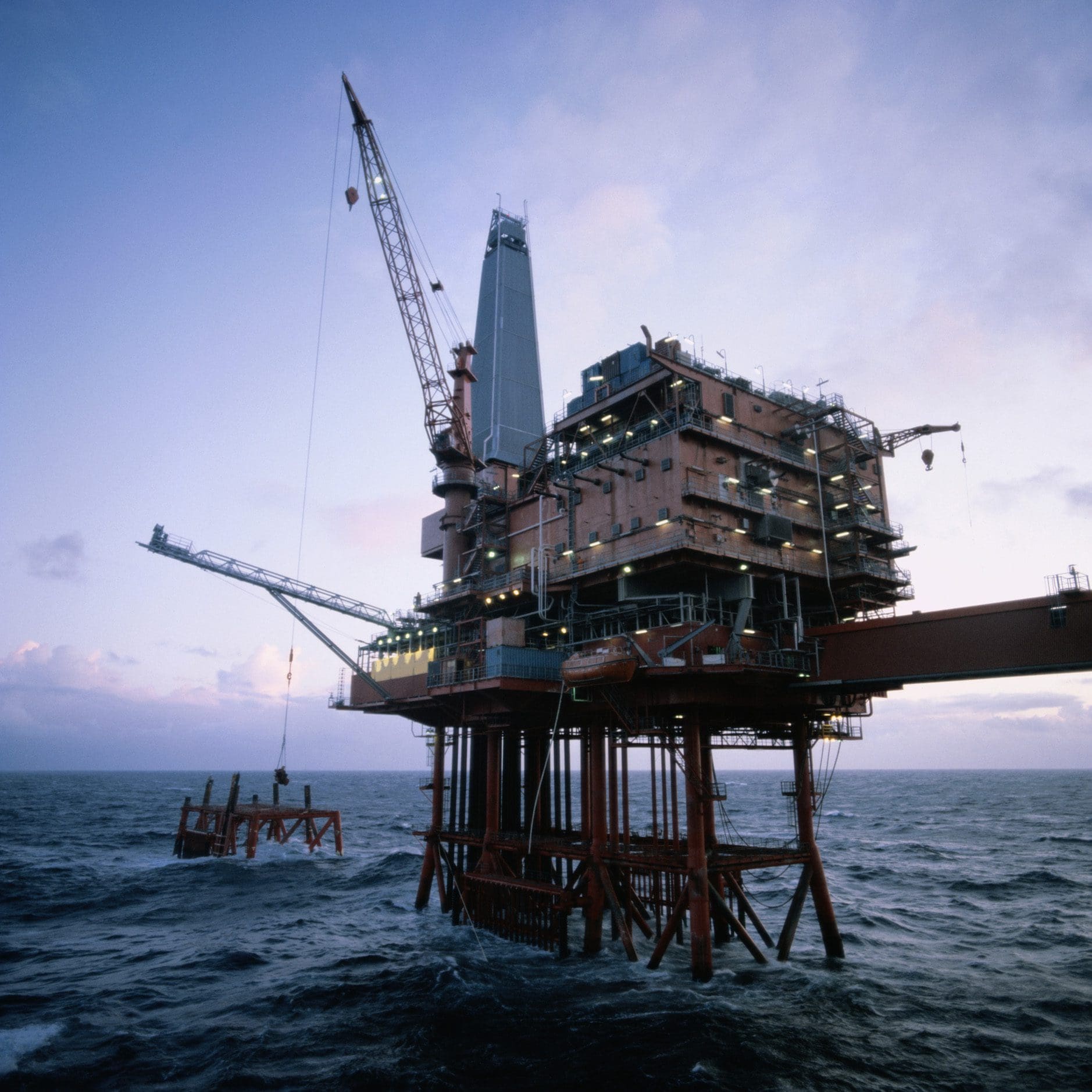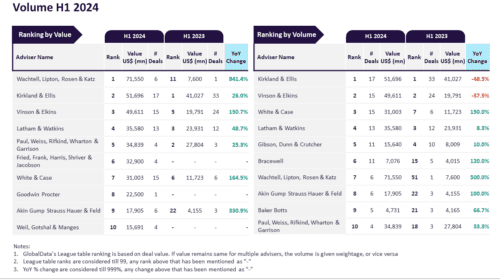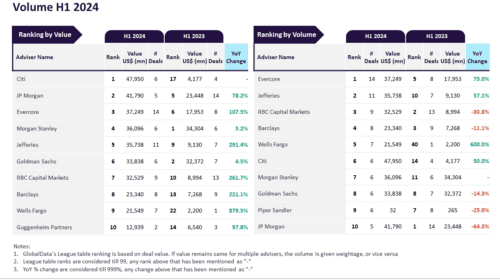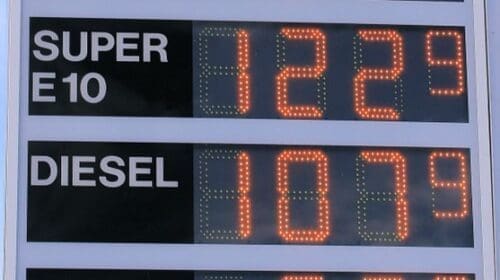As automation continues to expand into diverse industrial sectors, the demand for fiber optic cable is already following suit and will continue to grow. For example, in both offshore and land-based oil rigs and platforms, high-speed fiber optic cable is required to control automation as well as monitor equipment status and communicate predictive notifications when components are in danger of failing. These capabilities create enormous cost savings by avoiding extended downtime due to catastrophic equipment failures.
In the oil and gas industries, fiber is increasingly being used in upstream exploration and production to downstream at the pump, and everywhere in between.
At the same time, the use of fiber optic cable is increasing in a wide variety of hazardous locations, including sites with potentially explosive atmospheres that put workers and equipment at risk. According to organizations that establish international safety requirements, the potential for fiber optic connectors to cause ignition of explosive atmospheres presents a real hazard.
Explosive atmospheres exist in areas where flammable gasses, vapors, mists or dust are mixed with the surrounding air, creating the risk of an explosion throughout the entire area. Locations for such conditions include oil platforms, gas pipelines and distribution centers, oil refineries, and chemical processing plants.
The cost of an explosion can be colossal, ranging from expensive downtime and the repair and/or replacement of equipment to the loss of human lives. The price tag for a deepwater oil rig today averages around $350 million, and the stoppage of well production can range upward to $375,000 daily.
Because the hazards of explosive atmospheres are a global concern, special “directives” have been issued to establish minimum requirements for improving the health and safety of workers potentially at risk from explosive atmospheres. The two bodies that certify to these standards for fiber are ATEX and IECEx.
ATEX (Atmosphere Explosibles) is the name given to directives used for controlling explosive atmospheres in the European Union. IECEx is the International Electrotechnical Commission’s (IEC) system of standards relating to equipment used in explosive atmospheres.
Identifying fiber optic risks
IECEx has determined that fiber optic connectors, the receptacles that couple fiber optic cable to an enclosure, are potential ignition sources in explosive atmospheres under certain conditions, or “Zones,” as determined by ATEX.
“The primary ATEX zones where fiber optic connectors should be certified as safe are Zone 1 and Zone 2. Zone 1 is defined as a place in which an explosive atmosphere is likely to occur in normal operation,” says Phillip Hoyle, an expert in fiber optics and product development specialist with Optical Cable Corporation (OCC). “Zone 2 applies to locations where an explosion is not likely to occur in normal operation, but if it does occur, will persist for a short period only.”
Hoyle adds that due to the great number of users that should address the need to use certified connectors in potentially explosive atmospheres, and to provide them with a certified fiber connector solution, many are scrambling for solutions.
As an example, OCC recently developed the EZ-Mate Ex line of connectors, which provides up to 24 fiber connections in a single connector and has hazardous location protection for Zones 1 and 2.
“Having certified fiber connectors installed in a hazardous area not only speeds up the certification process, but can also reduce time to market along with reduced testing and certification costs for the customer,” Hoyle explains.
Explosive atmosphere connectors are an ideal solution for applications that require frequent teardown and setup. “This is highly appropriate for quick disconnect systems that are optimal for areas that need to be taken down or switched out, something that is more mobile,” Hoyle explains. “Each receptacle can be mounted to an increased safety or flame-proof enclosure, allowing for multiple easy connect and disconnect deployments, reducing teardown time.”
To make the explosive atmosphere-fiber solution a comprehensive one, manufacturers like OCC work with ATEX/IECEx-certified enclosures manufacturers to provide a complete end-to-end solution.
Such comprehensive solutions will not only ensure safer environments for workers and equipment, but will also make the conversion to directive-compliant explosive atmosphere protection more efficient, with minimal downtime.
Oil and gas operations are commonly found in remote locations far from company headquarters. Now, it's possible to monitor pump operations, collate and analyze seismic data, and track employees around the world from almost anywhere. Whether employees are in the office or in the field, the internet and related applications enable a greater multidirectional flow of information – and control – than ever before.











